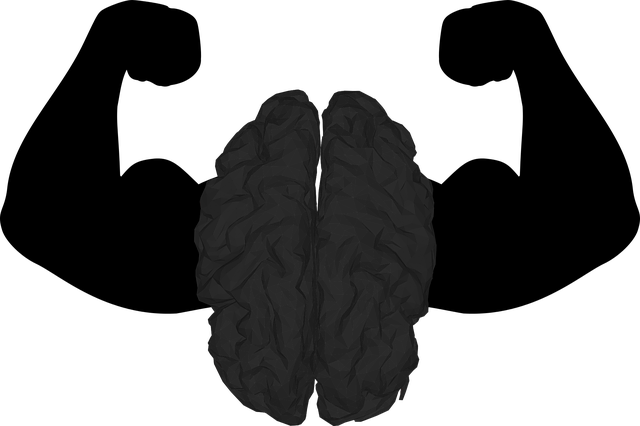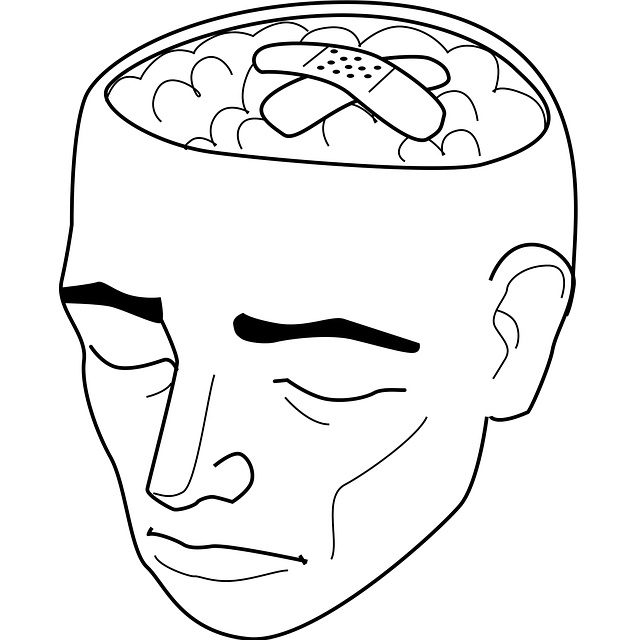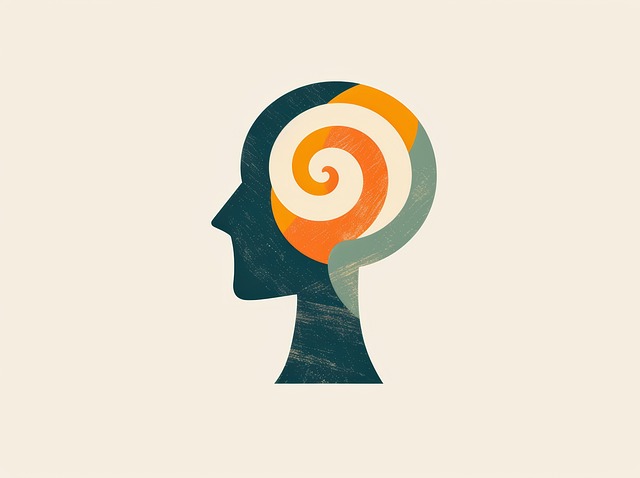Chronic stress, left unaddressed, can lead to mental health issues like anxiety, depression, and even sexual addiction. Recognize signs like increased heart rate or insomnia for early intervention. Mindfulness meditation, CBT, Mental Health Education, and Wellness Coaching are effective management tools for both stress and sexual addiction. These personalized strategies empower individuals to cultivate sustainable practices for improved mental wellness and quality of life.
Stress reduction is essential for maintaining optimal mental health, and understanding its impact is the first step towards well-being. This article explores various methods to mitigate stress, focusing on the role of therapy in addressing sexual addiction as a common yet often overlooked source of distress. We delve into effective treatment options and complementary strategies to enhance daily life and overall mental resilience. By exploring these approaches, readers can discover sustainable ways to manage and reduce stress levels.
- Understanding Stress and Its Impact on Mental Health
- Therapy Options for Sexual Addiction as a Stress Reliever
- Additional Strategies for Daily Stress Reduction
Understanding Stress and Its Impact on Mental Health

Stress is a natural response to challenging situations, but chronic stress can have detrimental effects on mental health. When left unaddressed, it may lead to various psychological issues such as anxiety, depression, and even more severe conditions like therapy for sexual addiction. Understanding the impact of stress is the first step towards implementing effective reduction strategies. Chronic stress disrupts the body’s natural balance, triggering a constant release of stress hormones that, over time, can damage the brain and nervous system. This can result in difficulties concentrating, memory problems, irritability, and even physical health complications.
Recognizing the signs of stress is crucial for early intervention. Common indicators include increased heart rate, muscle tension, insomnia, and changes in appetite. By adopting mindfulness meditation practices and engaging in activities that foster anxiety relief, individuals can effectively manage stress levels. Additionally, burnout prevention strategies for healthcare providers are essential to mitigate the impact of prolonged exposure to high-stress environments.
Therapy Options for Sexual Addiction as a Stress Reliever

Struggling with sexual addiction can significantly contribute to one’s overall stress and mental health. Fortunately, there are specialized therapy options designed to address this issue effectively. Cognitive Behavioral Therapy (CBT) is a commonly used approach that helps individuals identify and change unhealthy thought patterns related to sex. By understanding the underlying triggers and developing healthier coping mechanisms, CBT offers a powerful tool for managing sexual addiction and reducing associated stress.
In addition to CBT, Mental Health Education Programs and Mental Wellness Coaching can play a vital role in recovery. These programs provide valuable mental health education, teaching individuals about healthy sexuality, boundaries, and self-care practices. Through personalized coaching, individuals gain the skills needed to navigate triggers, make informed choices, and sustain long-term recovery. Integrating these therapy options into one’s stress reduction strategy can lead to improved mental wellness and enhanced quality of life.
Additional Strategies for Daily Stress Reduction

In addition to well-established stress reduction techniques like exercise and mindfulness, there are several unique strategies that can significantly contribute to daily relaxation and mental health. One such approach gaining traction is Mental Wellness Coaching, which focuses on developing personalized coping mechanisms tailored to individual needs. These coaches provide a supportive environment to explore underlying issues, set achievable goals, and cultivate sustainable practices for stress management. This method encourages self-discovery and empowers individuals to take control of their well-being.
Moreover, engaging in creative outlets like art therapy or music can serve as powerful tools for stress reduction. Creative expression allows individuals to process emotions and experiences in a different manner, fostering a sense of calm and perspective. For those dealing with sexual addiction, therapy specifically designed for this issue plays a crucial role in depression prevention. Mental Health Education Programs tailored to address sexual addiction offer valuable insights, support, and strategies to manage urges and rebuild healthy relationships. These programs contribute to the holistic development of mental wellness coaching, providing comprehensive solutions for stress reduction and improved quality of life.
Stress reduction is an integral part of maintaining good mental health. While understanding stress and its impact is crucial, incorporating effective strategies like therapy for sexual addiction can significantly alleviate pressure. By combining professional support with daily practices, individuals can navigate life’s challenges more smoothly. Remember, reducing stress isn’t about eliminating troubles but learning to manage them, fostering resilience, and prioritizing well-being.









